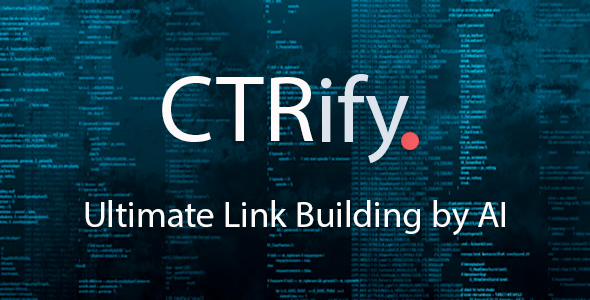On- page SEO (also known as on- site SEO ) refers to the practice of optimizing web pages to improve a website's search engine rankings and earn organic traffic. In addition to publishing relevant, high-quality content, on- page SEO includes optimizing your headlines, HTML tags (title, meta, and header), and images. On-page SEO (also known as “on-site SEO”) is the practice of optimizing web page content for search engines and users. Common on-page SEO practices include optimizing title tags, content, internal links and URLs. On-page SEO refers to any optimization that you control and include on your website. With on-page optimizations, you aim to make your website more usable and valuable to users to improve your rankings or visibility in search results on Google, Bing, and other search engines.
Effective onpage optimization requires a combination of several factors. Two key things to have in place if you intend to improve your performance in a structured way are analysis and regular monitoring. There is little benefit in optimizing the structure or content of a website if the process isn’t geared towards achieving goals and isn’t built on a detailed assessment of the underlying issues. There is no standard, universally-recognized workflow for onpage optimization. However, analysis and measures for implementation should be as comprehensive as possible, to ensure that every opportunity is exploited for improving search engine rankings (or other KPIs). While on-page SEO refers to the factors you can control on your own website, off-page SEO refers to the page ranking factors that occur off your website, such as backlinks from another site.
On-page refers to both the content and HTML source code of a page that can be optimized, as opposed to off-page SEO which refers to links and other external signals. The results of on-page SEO take time, but once your on-page SEO strategy gets off the ground, it can make your online rankings and sales soar. On-page SEO differs from off-page SEO, another term you’ll likely encounter when trying to boost your online rankings. On-page SEO (also known as “on-site SEO ) is the practice of optimizing web page content for search engines and users. By working on what you can control today producing quality content that’s supported by high-quality on-page SEO you’ll be well on your way to earning backlinks, improving your domain authority, and controlling your off-page SEO. On-page SEO (also called on-site SEO) is the practice of optimizing web pages to rank higher in search engines.
So once you’ve optimized your page’s title and H1 tags, here are a handful of tips that will help take your on-page SEO to the next level. So if you’re using WordPress and you’ve configured Yoast SEO the right way, you’ll have most technical aspects of your on-page SEO covered. While on-page optimization is less straightforward than it once was, it’s still arguably the easiest part of SEO.

